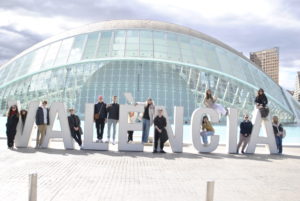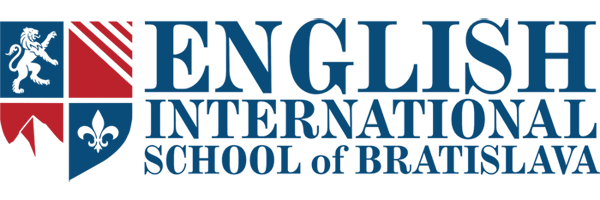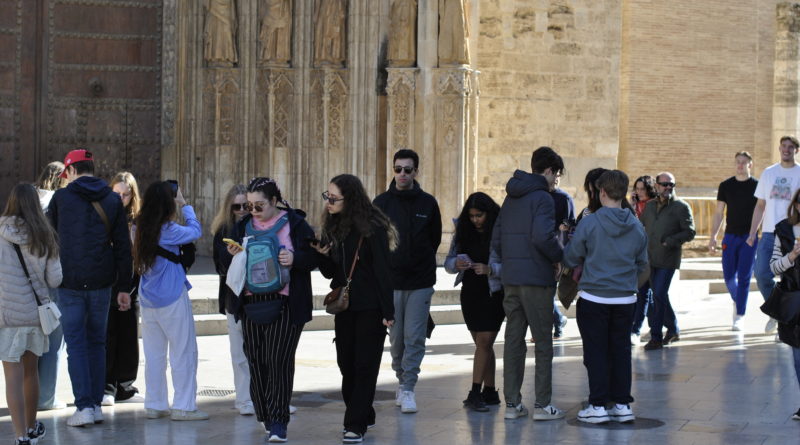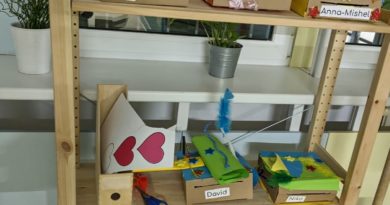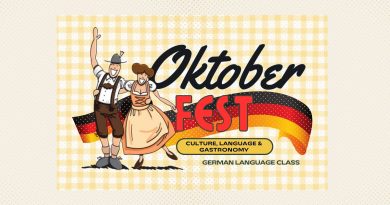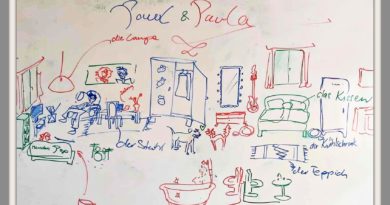Integrating MYP Language Acquisition Principles in an Educational Journey
Within the framework of the International Baccalaureate (IB) Middle Years Programme (MYP) at EISB, Language Acquisition is a fundamental skill that we foster. Our recent trip to Valencia, Spain, provided an invaluable opportunity to put these principles into practice as our students immersed themselves in the rich culture and vibrant Spanish language.
Course Objectives Addressed during the Trip to Valencia
The educational journey to Valencia was designed to address the course objectives of MYP Spanish Language Acquisition. Through planned activities and immersion in Spanish culture and language, students had the opportunity to develop a variety of language skills and intercultural competencies. Some of the course objectives addressed during the trip are detailed below:
- Central to developing critical thinking and international-mindedness: Immersing themselves in the Spanish language and culture encouraged students to think critically about cultural differences and similarities, fostering international-mindedness.
- Provide an intellectual framework for personal development and cultural identity: Engaging with the language and culture of Valencia provided students with an intellectual framework to explore their own cultural identity and understand the perspectives of others.
- Contribute to holistic development and lifelong learning skills: Through language acquisition and cultural exploration, students experienced holistic development, including cognitive, emotional, and social growth, while also strengthening their lifelong learning skills.
- Equip students with multiliteracy skills for global communication: Navigating various linguistic and cultural contexts in Valencia allowed students to develop multiliteracy skills and attitudes necessary for successful communication in a globalized world.
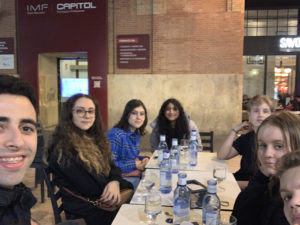
Curriculum Concepts
MYP fosters inquiry into Language Acquisition by developing conceptual understanding in global contexts.
- Identities and Relationships: During the trip, students interacted with native speakers and immersed themselves in the Spanish culture, allowing them to explore their own identities and establish relationships with individuals from different cultures.
- Orientation in Space and Time: Visits to historical sites and museums in Valencia provided students with a deeper understanding of the city’s historical and spatial context, enriching their understanding of the world around them.
- Personal and Cultural Expression: Engaging in creative activities such as the video project allowed students to express their experiences and reflections on Spanish culture, promoting personal and cultural expression.
- Scientific and Technical Innovation: Exploring scientific and technological advances in museums, such as the City of Arts and Sciences complex, enabled students to engage with scientific and technical innovations in a real-world context.
- Fairness and Development: Exposure to different social and economic realities during the trip prompted students to reflect on issues of fairness and development at both local and global levels, fostering a sense of empathy and understanding.
Criteria
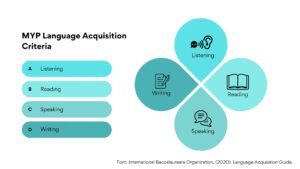
Reading: During our stay in Valencia, students explored a variety of authentic texts in Spanish, from posters on the streets to menus in local restaurants. This exposure allowed them to enhance their Spanish reading comprehension, facing real linguistic challenges and developing strategies to understand the text’s meaning. Additionally, key MYP concepts such as Literal Comprehension was considered to deepen their text interpretation.
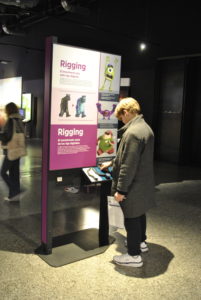
Listening: Interaction with native speakers and immersion in Spanish-speaking environments provided our students with the opportunity to improve their listening skills. From informal conversations with local students to guided explanations in museums, students learned to grasp linguistic nuances and understand spoken Spanish in various contexts.
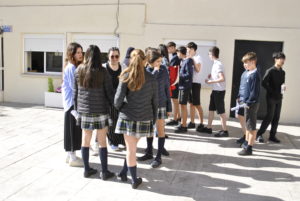
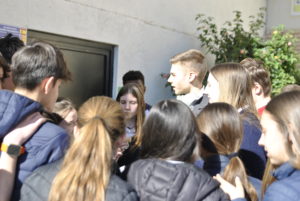
Writing: During their visits to various museums, such as Colegio Madre Sacramento FASTA, students have engaged in a variety of tasks aimed at enhancing their writing skills. These activities have provided opportunities for students to practice writing expression while exploring and reflecting on cultural and artistic exhibitions.
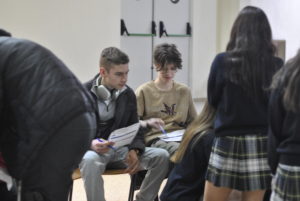
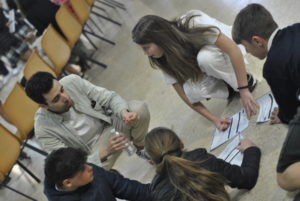
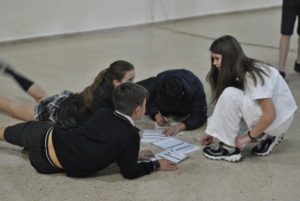
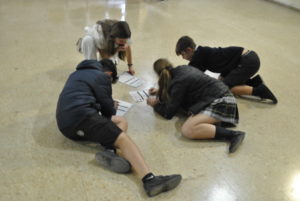
Speaking: Direct interaction with native speakers was a fundamental part of our trip to Valencia. Students engaged in conversations in Spanish with local students and residents, practicing oral expression in everyday situations. This experience allowed them to develop confidence in their ability to communicate in Spanish and improve their pronunciation and fluency. Additionally, MYP concepts such as Pronunciation and Fluency were considered to enhance their oral expression ability.
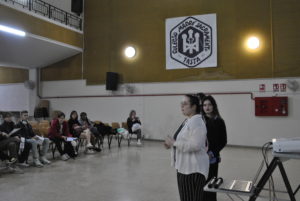
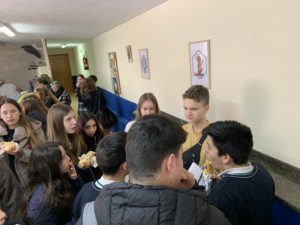
By integrating these four key MYP Language Acquisition criteria along with corresponding concepts, we not only provided our students with an enriching educational experience but also strengthened their linguistic competence and intercultural understanding. This trip was not only an opportunity to explore a new culture but also a means to enhance our students’ language skills and prepare them to be engaged global citizens.
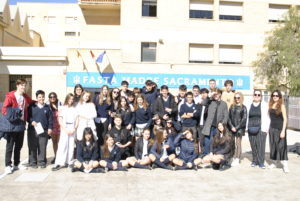
Trip to Valencia: A Comprehensive Experience
- Before the Trip
Prior to embarking on the journey, we organized various meetings to introduce students to the itinerary, planned activities, and the creation of a presentation they would deliver at the Spanish school we visited. This advanced preparation allowed them to better understand the purpose of the trip and prepared them for the linguistic challenges and interactions they would face.
- After the Trip:
As part of the post-trip activities, upon arriving in Slovakia, EISB students sent a gift as a gift to the school in Valencia Colegio Madre Sacramento Fasta. This gift consisted of a group photo of all the participants in the encounter and a Slovak flag, which they sent back to Valencia as a gesture of reciprocity and friendship.
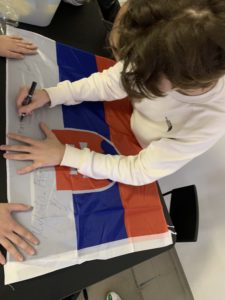
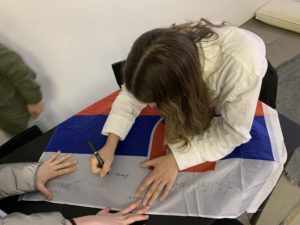
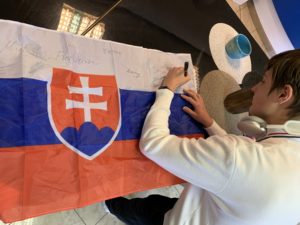
Additionally, at the end of the trip, students participated in a reflection activity designed to analyze what they learned, the challenges they faced, and the language learning process. They were encouraged to reflect on how understanding culture is fundamental to learning the language more deeply and meaningfully. This activity provided them with the opportunity to think critically about their experience in Valencia and how it influenced their understanding of the Spanish language and culture. By fostering this reflection, students were able to identify areas where they have grown and aspects that they still need to develop on their journey to Spanish fluency. Moreover, they recognized the importance of cultural immersion in the language acquisition process and how this experience in Spain has prepared them for future intercultural learning challenges and opportunities.
In summary, the trip to Valencia was not only an opportunity to apply the principles of the Middle Years Programme (MYP) Language Acquisition and curriculum concepts, but also a comprehensive learning experience that allowed students to reflect on their own linguistic and cultural growth. This holistic approach to language learning aligns with EISB’s commitment to providing meaningful and enriching education that prepares students to be informed and compassionate global citizens, fostering the MYP learner profile attributes such as Inquirers, Thinkers, Communicators, and Open-minded students.
